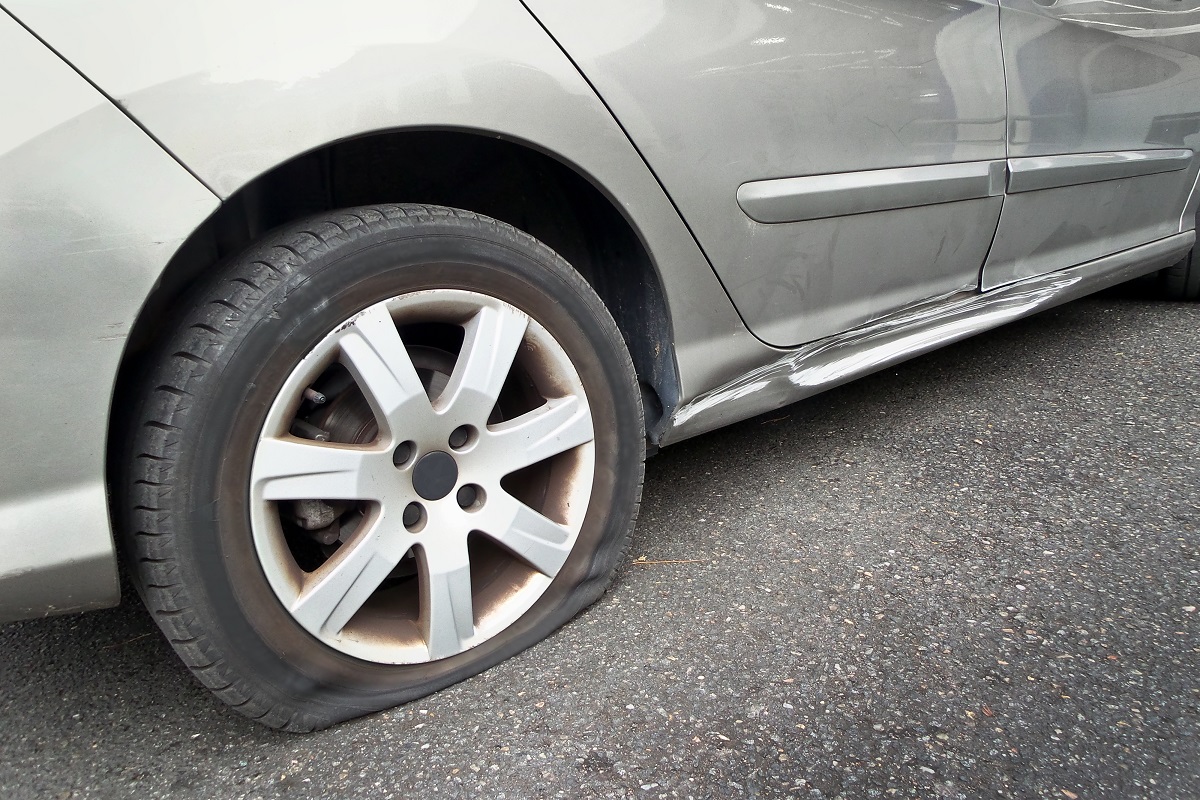Car problems happen from time to time. The first time a problem comes up, one should never ignore it. Minor issues should be taken seriously as they may lead to serious ones in the future. When not addressed properly, more serious repercussions affecting the driver’s safety may also happen unexpectedly. A car breakdown may happen when you are driving with family or friends while out on the road.
Paying attention to common car problems may reduce the likelihood of potential breakdowns and expensive repairs. Thus, it is wise to have basic knowledge of these car problems to better take care of your vehicle.
Warning Lights
Your car’s dashboard will give you lots of information telling you whether or not your vehicle is working properly. Broken, dim, or flickering dash lights are signs that the dash lights need fixing. When this happens, you may be missing important information that could put you in danger while driving. It is impossible to understand all 200 possible warning codes. Let a professional mechanic conduct a warning light inspection. After that, the mechanic may now proceed to make the right repairs.
A Sputtering Engine
Ideally, a car engine must mix fuel and air in the combustion chamber to function properly. This is achieved when a series of fuel and ignition system components work together. A sputtering engine may sign deeper problems such as a blocked fuel injector, incomplete combustion in the engine, and a malfunctioning gas gauge.
Sometimes, head gaskets also fail to cause the engine to give up containing the pressures inside it. This is an issue that affects a Subaru gasket in the early 1990s. Car models with this problem include the Subaru Outback, Subaru Impreza, Subaru Baja, Subaru Forester, and Subaru Legacy.
Poor Fuel Economy
It is inevitable for a car to succumb to natural wear and tear, affecting several fuel system parts. Fuel filters, air filters, mass airflow sensors, and O2 sensors may eventually get dry, dirty, or worn out, causing engines to work more and consume more fuel than usual. A mechanic can detect problems like this during routine servicing. Thus, consider not skipping this ritual to address the problem sooner.
Dead Battery
The lifespan of a car battery is about three years. By then, the car will be estimated to have traveled at least 50,000 miles. After this period, the car battery may start to show signs of damage. Also, reduced amounts of electric current may affect the battery’s ability to function well. If your car battery died, try to jump-start it using a set of jumper cables and with the help of another car with a functional battery. Before jump-starting the battery, check if it is cracked or has acid leakage.
Flat Tires

Flat tires may result from normal wear and tear or from an external object that punctured them. You can also extend the life of your tire life by rotating them properly. Always maintain the correct inflation pressure and on whether they are following the proper tire alignment. Also, stay away from pothole bumps and other rough spots on the road.
Brakes Squeaking or Grinding
Keeping the brakes in good condition is essential to avoid road accidents. Thus, you must be sensitive to spot symptoms of damages such as squealing, squeaking, or a soft brake pedal. Let a professional mechanic check on your vehicle and find out if the unpleasant sounds are signs that the breaks need replacement.
Steering Wheel Shaking
A shaking steering wheel can be attributed to several factors. Check the wheel bearings or suspension components if they are in good condition. When the shaking happened while starting your car, these parts may have been damaged. Shaking that happened while driving at a higher speed may be a result of issues affecting wheel balance. To get a better judgment, let a professional mechanic inspect the steering wheel so he can give a more accurate diagnosis.
Driving a defective vehicle accounts for at least 2 million accidents. These statistics came out amidst massive positive changes and upgrades on cars, telling us that we should be cautious and proactive in spotting car defects.
A survey pointed out that these common defects may include:
- Faulty accelerators
- Malfunctioning airbags
- Electrical problems resulting in fires or loss of lights
- Faulty wheels causing the vehicle’s loss of control
- Fuel leaks system components
- windshield wipers that don’t work properly
- Seats or seatbacks that are uncomfortable and needs replacement
Try to check these parts in your next visit to a car shop. Never skip the recommended car checkups. Do it in a reliable car shop that you have trusted for a long time. Also, before going out, check your car tires and brakes for possible damage.

